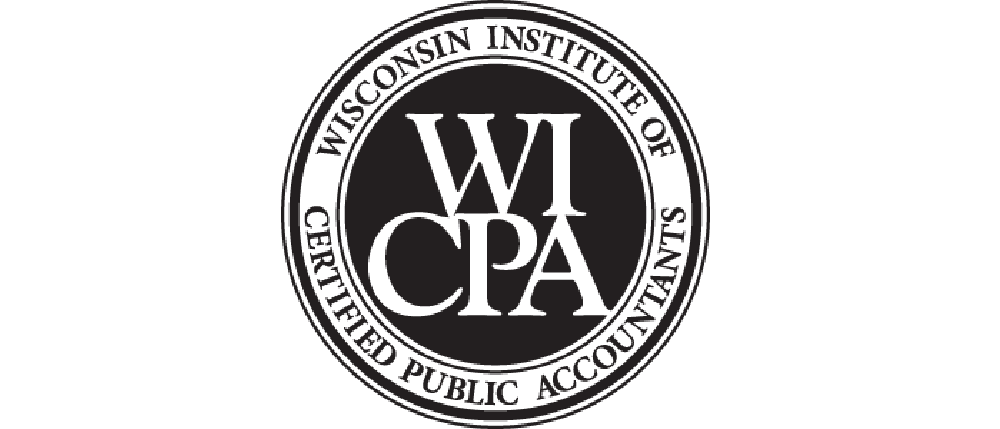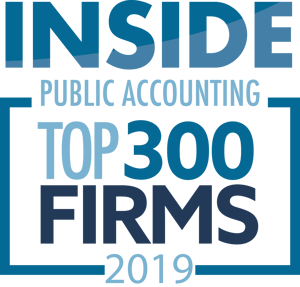The Small Business Administration (SBA) recently announced they would be opening applications for the Shuttered Venue Operators Grant (SVOG) on April 8, 2021. KerberRose is here to help you understand eligibility for the grant funds, how you can prepare to apply, and common accounting or auditing questions for post-grant consideration.
What is the Shuttered Venue Operators Grant Program?
The Shuttered Venue Operators Grant (SVOG) program was established by the Economic Aid to Hard-Hit Small Businesses, Nonprofits and Venues Act in late December 2020. The program is designed as targeted relief to live venue operators or promoters who experienced reduced revenue due to the COVID-19 pandemic. The American Rescue Plan Act (ARPA) signed into law on March 11, 2021 amended the SVOG program, providing additional relief and expanding eligibility.
The SVOG program provides eligible applicants with grants equal to 45% of their gross earned revenue, with a maximum amount up to $10 million. The ARPA increased the available funds for shuttered venues by $1.25 billion, bringing the program’s total funding to more than $16 billion—$2 billion of which is set aside for eligible applicants with up to 50 full-time employees.
The ARPA also changed the SVOG program so entities which applied for a Paycheck Protection Program (PPP) loan on or after Dec. 27, 2020 can also apply for the SVOG. However, the grant is then subject to being reduced by the amount of the PPP loan.
Eligibility
Eligible entities who can apply for the SVO grant include:
- live venue operators or promoters;
- theatrical producers;
- live performing arts organization operators;
- relevant museum operators, zoos and aquariums;
- motion picture theatre operators;
- and talent representatives.
- Entity must have been in operation as of February 29, 2020
- Venue or promoter who received a PPP loan on or after Dec. 27, 2020 are eligible—however, they will experience a reduction of their grant by their PPP loan amount.
What You Can Do to Prepare
The SBA released a SVOG Preliminary Application Checklist, which walks through the appropriate documents you will need to have ahead of time in order to successfully complete your application. These funds are expected to go quickly, so if you plan to apply, take advantage of this checklist to speed up your application process.
Important action items for all applicants to consider before applying include:
- Registering for a DUNS number, which is required to register in the System for Award Management (SAM) system
- Registering at SAM.gov so you are eligible to receive an SVOG
- Gathering important background and financial documents, including written statements of need, employee lists and monthly revenues
- Determining your gross earned revenue loss between 2019 and 2020
- Setting a reminder for April 8 so you’re ready for when the SBA application portal opens
SBA COVID-19 Relief Cross-Program Eligibility
Several relief options for businesses are currently administered by the SBA. To avoid confusion and assure businesses of the relief options they have available to them, the SBA has issued guidance on how these programs may interact with one another.
- PPP recipients may apply for a SVOG if they received a PPP loan prior to applying for SVOG; if PPP loan was received on or after Dec. 27, 2020, the amount will be deducted from the SVOG.
- A SVOG recipient may not apply for a PPP loan after receiving SVOG, although they may be eligible for a supplemental SVOG grant.
- An EIDL recipient may apply for SVOG, although the funds cannot be used for the same purpose or cost as the EIDL.
- If an entity applies for a Restaurant Revitalization Fund grant, they cannot also apply for an SVOG.
- If applying for an SVOG, not more than 10% of gross revenue can come from federal sources.
Priority Awarding
The SBA plans to process and issue grants in the order in which they were received using priority periods. Grants will be processed according to the following priority periods:
First Priority: First 14 Days of grant awards
Entities which suffered a 90% or greater revenue loss between April 2020 and December 2020.
Second Priority: Next 14 Days of grand awards
Entities which suffered a 70% or greater revenue loss between April 2020 and December 2020.
Third Priority: Beginning 28 days after the first and second priority awards are made
Entities which suffered a 25% or greater revenue loss between one quarter of 2019 and the corresponding quarter of 2020.
Recipients of first, second and third round priority round funding who suffered a 70% or greater revenue loss for the most recent calendar quarter (as of April 1, 2021 or later), may be eligible for supplemental funding. Even though you may not qualify for a first or second round priority period, it’s still important you apply as soon as possible on April 8 since the grants will be processed in the order they are received.
Accounting and Audit Considerations
SVOG funds may be used for specific expenses, which include:
- Payroll costs
- Rent payments
- Utility payments
- Scheduled mortgage payments (not including prepayment of principal)
- Scheduled debt payments (not including prepayment of principal on any indebtedness incurred in the ordinary course of business prior to February 15, 2020)
- Worker protection expenditures
- Payments to independent contractors (not to exceed $100,000 in annual compensation per contractor)
- Other ordinary and necessary business expenses, including maintenance costs
- Administrative costs (including fees and licensing)
- State and local taxes and fees
- Operating leases in effect as of February 15, 2020
- Insurance payments
- Advertising, production transportation, and capital expenditures related to producing a theatrical or live performing arts production. (May not be primary use of funds)
- 2019 and 2020 tax returns, if 2020 has been filed at the time of application.
- Quarterly income statements for 2019 and 2020, signed by a primary officer of the organization.
- Copy of their most recent audited financial statement (if the company has been obtaining an audit report in the normal course of business) or Single Audit for entities which expended $750K or more in federal grant funds in 2019.
- Indirect cost rate report from cognizant agency if applicable.
- Payroll statements covering February 29, 2020.
Supplemental Resources
The SBA has a dedicated resources page for the SVOG, including a link to the SGOV application portal. You can sign-up to receive updates when the portal opens and the SBA begins accepting applications.
The SBA recently created a matrix for eligibility requirements, which is available in addition to a detailed FAQs sheet addressing a variety of questions related to the SVOG. We highly recommend utilizing this FAQ document and following the SVOG checklist when preparing for your application.
Should you have any questions regarding the SVOG and how to apply, please contact a KerberRose Trusted Advisor for assistance.








